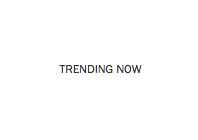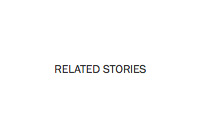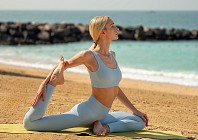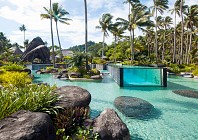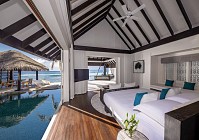Eric Standop is used to seeing grown men burst into tears. Since leaving a corporate career in gaming marketing, Standop has dedicated his life to face reading, and along with private clients, his exceptionally rare services are in demand around the world at luxury-hotel spas including the Mandarin Oriental, where he uses a blend of evolving science and informed intuition to help guests understand everything from hidden health issues to buried emotions.
When asked to explain the secret behind his fascinating art form, Standop quips: “I’m like a car driver. I know how to drive the car but don’t ask me how the engine works.” But according to the German-born face reader, who has spent the better part of a decade learning the craft, it’s all down to a mix of science and intuition. “Your 43 facial muscles are connected through your nerve system and your brain,” he says. “That’s why I can read the habits and the emotions of someone when I talk to them. Despite people having a different appearance, everyone has 43 muscles in the face and the same nerve system – and everyone has the same emotions and a brain.”
Can you tell us what face reading actually is?
First of all, we are all face readers. Everyone can look in the eyes or at the mouth of someone else and find a little bit more about them. There are so many face-reading traditions on the planet. Some are mystical, some are very regional; some take care of your health, others your fortune; others take care of whether you’re lying or issues to do with personality. In the end, you can bring them all together and call it face reading, even though there are specialised words like facial diagnosis, physiognomy, shiang mien and lectura del rostro.
How did you become a full-time face reader?
It was a long path. It was not a single moment. I tried to find anyone who could teach me. I found Chinese face-reading charts for fortune readings, read silly things like having a red nose means you’re an alcoholic, or dark circles around the eyes means you haven’t slept well. I gave up and began studying nutrition and while I was at that school the teacher came up to me and asked if I had problems with my intestine, and then told me I shouldn’t drink so much coffee. I asked and asked where she learned how to do that, but she wouldn’t tell me. It took me two weeks to get the number of this old man, who she was trying to protect from me, I guess. I was a pushy guy and my nickname at work had been “Jack Russell”.
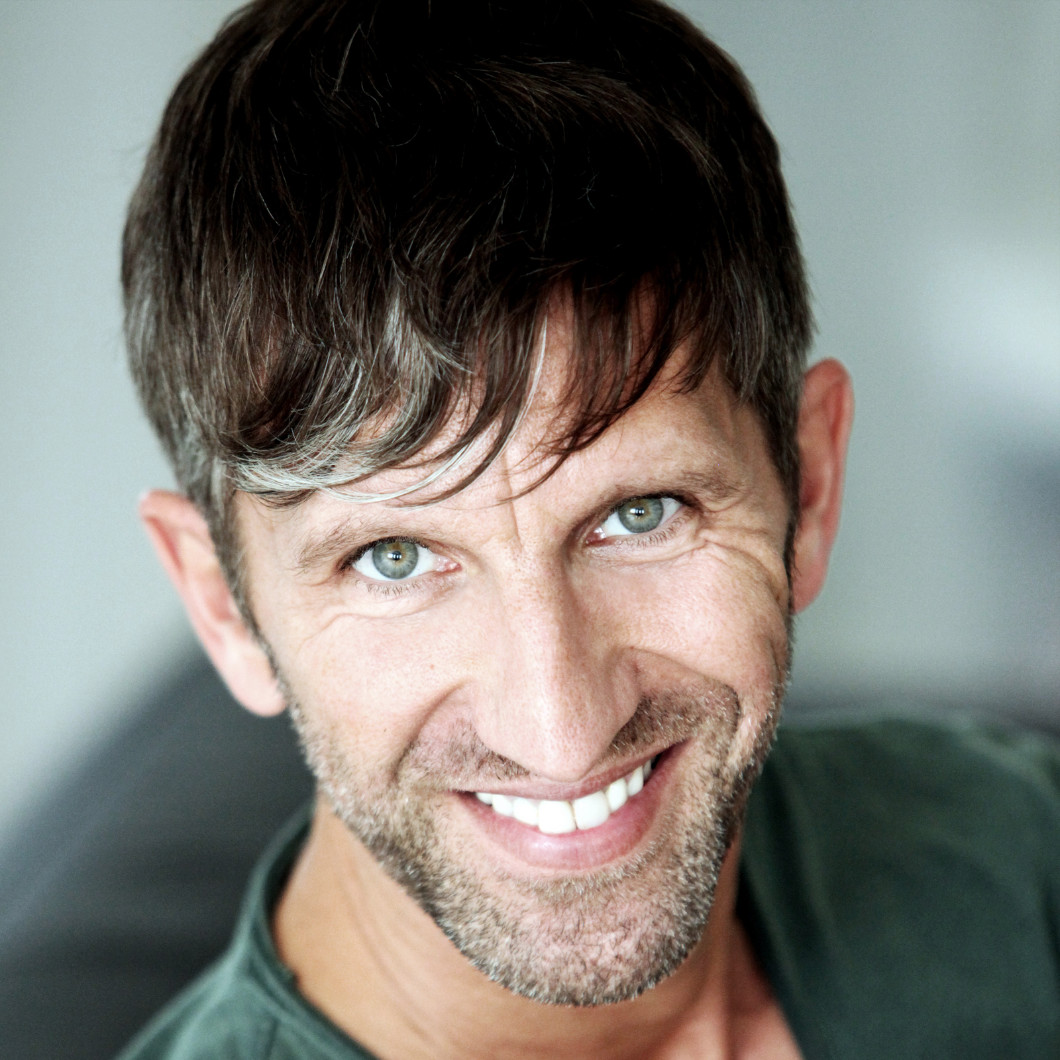
What did this man teach you?
He taught me three different European styles. One is called facial diagnosis, which dates back to Hippocrates when doctors had to smell and look at their patients, and even taste their sweat. Then there was physiognomy, which is about reading the character in the face. That goes back to Aristotle and is not so much about health but about what kind of person you are and what kind of personality is behind the face. The third is more related to an ancient medieval technique from the Middle Ages, now very popular in France and Germany. It’s more of a mixture and deals with health and personality as well as “spiritual health”, or you could say emotional feeling. In German we would call it sonnerschau, which is from the word besonnenheit, which means being healthy in your head. Adding “schau” gives the element of also looking.
Your mentor really took you under his wing – it must have taken a long time to develop those skills?
After one-and-a-half years he told me I was the greatest challenge in his life as a student, and I replied that he was the greatest challenge in my life as a teacher. He told me he’d taught me everything he knew, but when I asked why he was still so much better than me, he explained it was just life experience and that I had to use my “vocabularies” as well as study them.
How did your new-found skills pan out?
I went on to open a small face-reading office in the south-west of Germany, which was like trying to sell a fridge in the North Pole. I was sure that Germans would love it, but after one year I had three or four paying clients and had to close the office. So I flew to Chiang Mai and did a tai chi course where I met an English couple from London – I eventually became the best man at their wedding and the godfather of their child who is now two months old. I visited them in Hong Kong where she works in the spa industry and, funnily enough, one day she invited me to come and help with her boss who had some health issues. I took a look at her face and it was relatively simple – she was the typical type to get headaches, migraines, cramps at night and red flush when she drinks wine. So it was easy to tell her she had a massive loss of magnesium. So she took some high doses and after a week she was fine. After she invited me to face read the whole staff, she gave me an offer to be a face reader at the hotel – the Mandarin Oriental, Hong Kong (pictured below). That was six or seven years ago.
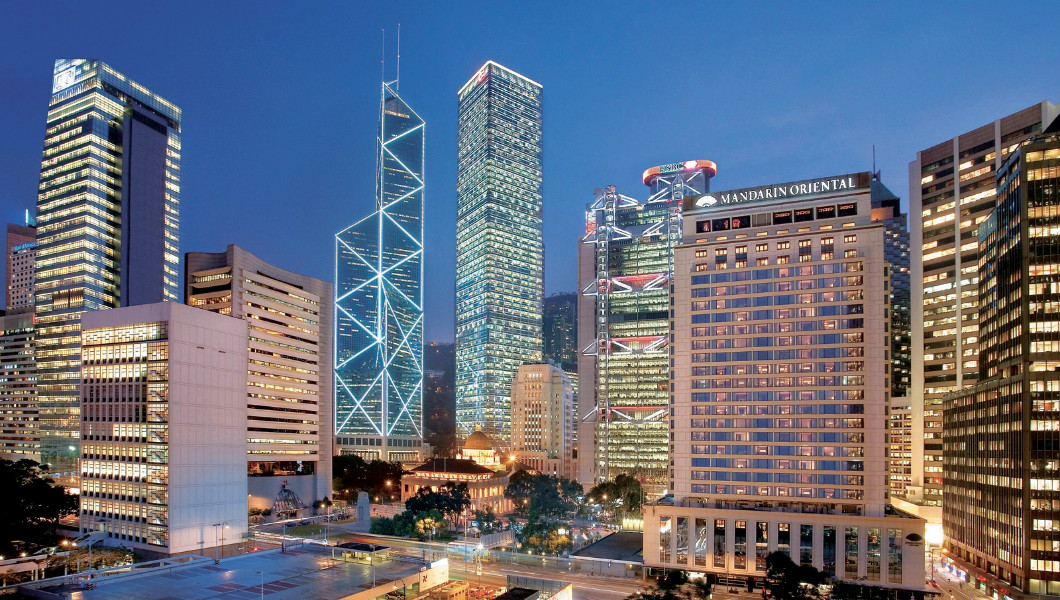
You have since done readings at other luxury-hotel spas – how did guests respond to your very niche form of treatment?
It’s a niche, yes, but it’s a growing niche. It was interesting because I became like a celebrity and all the Chinese people came – it was like a Chinese person opening a surf shop in Florida or a brewery in London. A white man that age – a gweilo – doing face reading in the spa of a five-star hotel was really strange. I became well known and then met a Kowloon face-reading master who used an old Chinese technique. I studied with him for four years learning Chinese face-reading techniques. During that time I also worked at different places like Koh Samui, for Jumeirah’s Talise Spa in Dubai and Halekulani [a five-star hotel] in Hawaii. I’ve been to Dubai several times and was on Dubai One TV, which impacted everything. After that, my bookings exploded.
Do you also use an intuitive approach?
Well, I’m not a very intuitive person, and as a business manager I just relied on Excel sheets and data. But over the years, the more you work with people, you can have those intuitive moments. Face readers will say that you can “read between the lines” and that means you see three or four things for certain but then you see something you can’t read with a face reading technique – that’s an intuitive moment.
On any given day, someone might be stressed or tired or not their normal self – does that impact the reading?
There are some signs that are acute and some that are chronic. It can mean a greater challenge with more investigation, but it can be done. Students would struggle and make mistakes between what is acute and what is long-term, but you can learn by experience. In a reading I would usually ask something like, “I can see that today you had a bad headache, is that usual or is that just today?” I must first let someone know what I see and that way people can see how I read and can give me more information to work with.
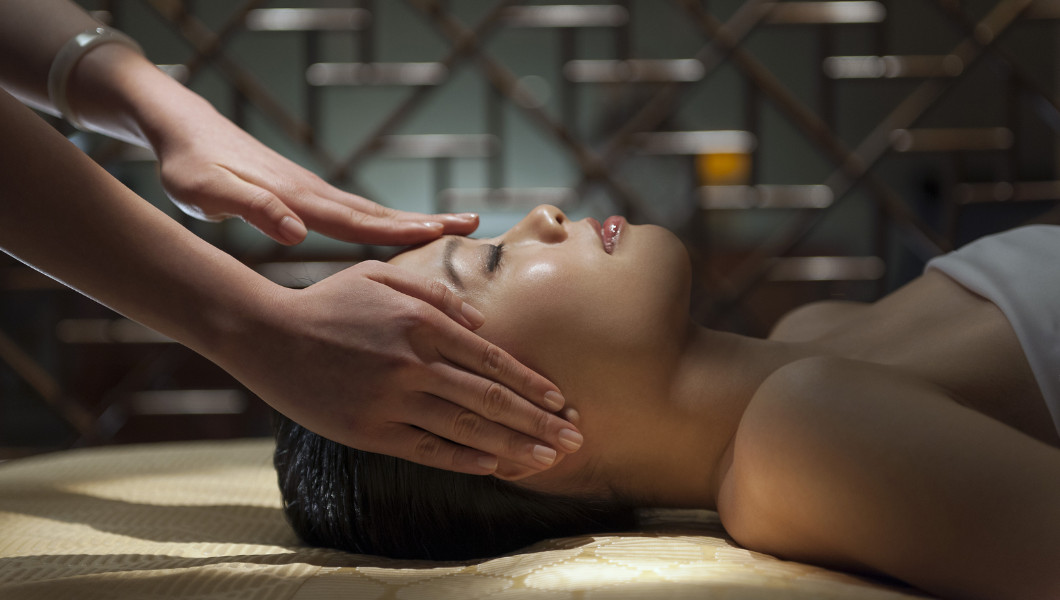
In the context of spas and wellness, can you give examples of how you help people when you work with a hotel?
I had a client in her mid-fifties in Koh Samui who had problems losing and gaining weight. I looked at her face and saw the signs of metabolic weakness and gave her instructions about what to eat. I also saw a sign in her face that related to 33 and asked if something had happened in her life at that age, which may have affected her weight issues. She cried immediately. That was the year she lost her daughter in a car accident, which affected the way she ate, and her health in general. That is a very dramatic example, but often it’s more simple.
People come for nutrition advice, so I’ll look at their fingernails, face and other features that might be related to disorders and blockages. I’ll then give them advice on their diet. Another example is when a Hong Kong couple was struggling to get pregnant. It was obvious she had a more “male” role as a CEO working 16 hours a day, while he was an artist and a pleasure-seeker. She loved wine and steak and worked out before picking up her husband from piano lessons. It was simple. I told her that she produces a lot of testosterone and her husband is more likely to get pregnant than she is. My advice was to step out from the typically masculine role in her private life and that they should attempt conceiving on their vacation. She got pregnant, funnily enough.

